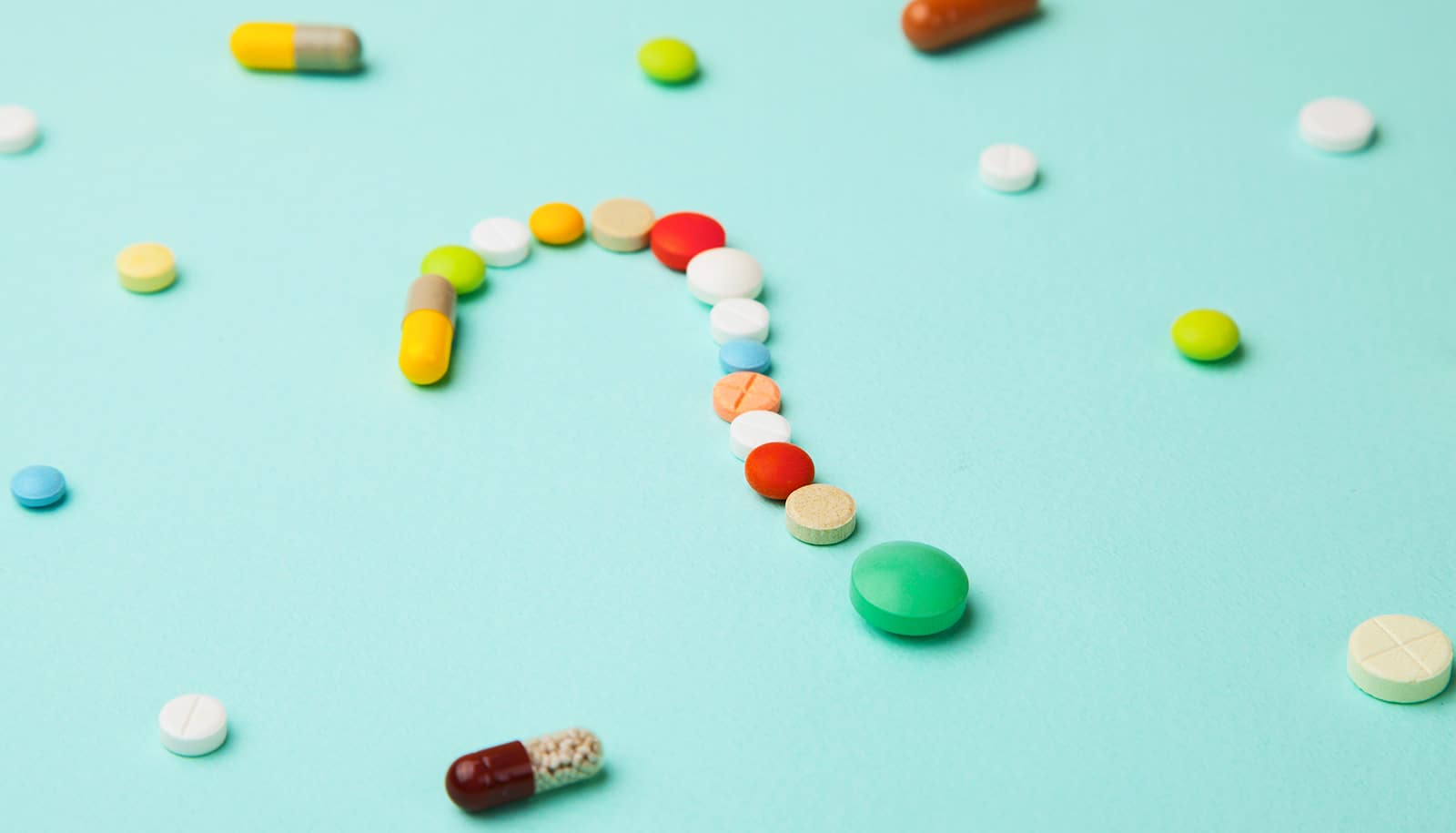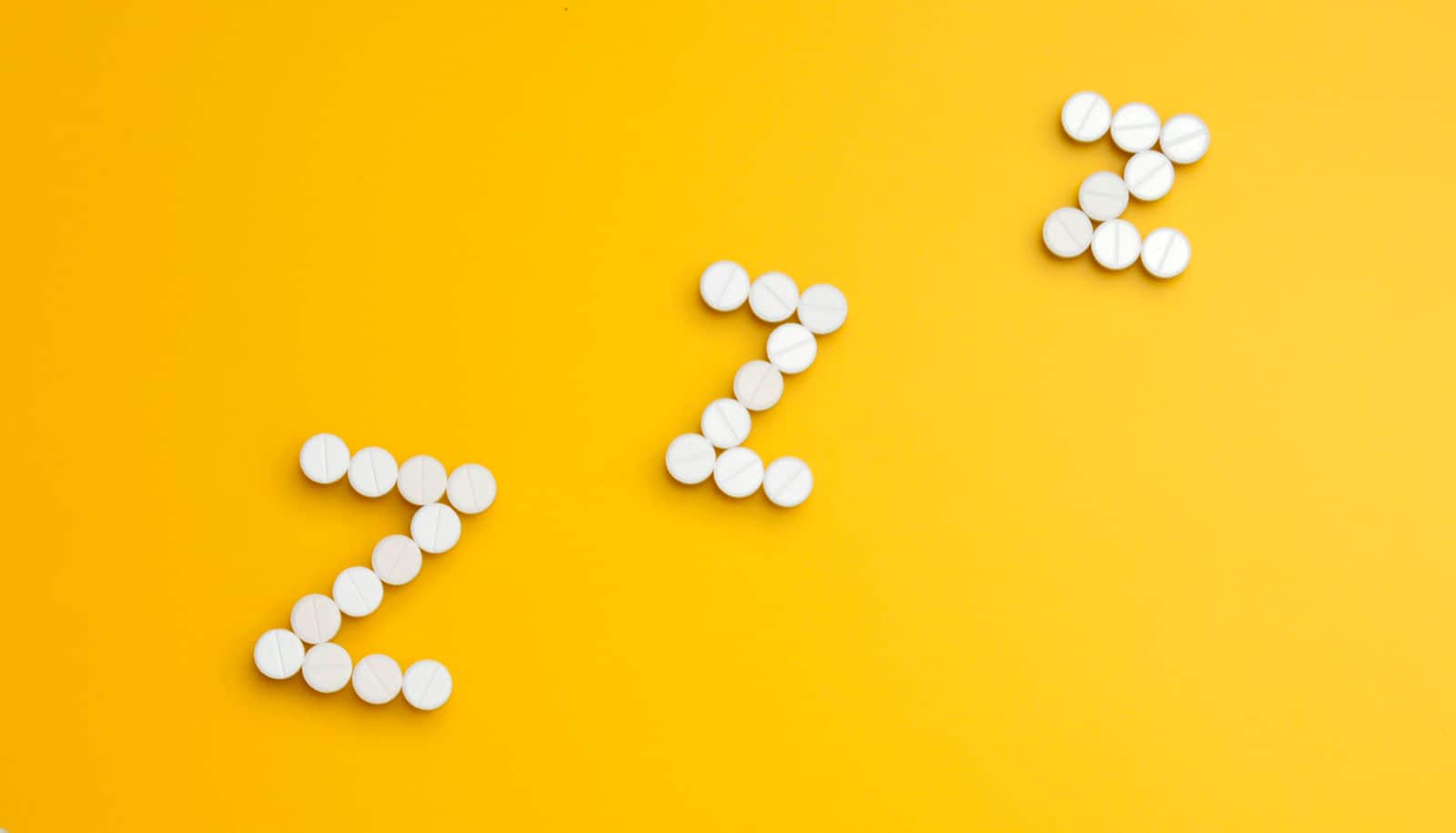Millions of patients suffering from major depression get little relief from the first drug they take. A new study of 1,522 patients at 35 US Veterans Health Administration medical centers shows these patients benefit more from adding an antidepressant treatment than from switching to another one.
“We found that among three strategies evaluated in this study evidence of the greatest symptom benefit was provided by adding an antipsychotic to previous antidepressant therapy,” says lead author Somaia Mohamed, associate clinical professor of psychiatry at Yale University School of Medicine and of the VA Connecticut Healthcare System, West Haven, Connecticut.
Less than a third of 16 million Americans with major depression obtain relief of symptoms from the first drug prescribed.
Findings of the study in the Journal of the American Medical Association show a remission rate of 28.9 percent of those who augmented initial treatment with the antipsychotic drug aripiprazole (Abilify) after 12 weeks—significantly greater proportion than the 22 percent remission among patients who discontinued use of one antidepressant and switched to another (buproprion).
The group taking aripiprazole was also significantly more likely to show a clinically meaningful response to treatment than either switching to another antidepressant or adding another antidepressant to the original medication.
“The study by Mohamed and colleagues…suggests that that all options are not alike,” says John Krystal, professor and chair of the Yale Department of Psychiatry. “This study provides the type of detailed guidance that doctors need.”
25 questions predict if depression meds will help
Sidney Zisook of the VA San Diego Healthcare System and University of California-San Diego is co-lead author of the study. VA Research and Development provided primary funding.
Source: Yale University



